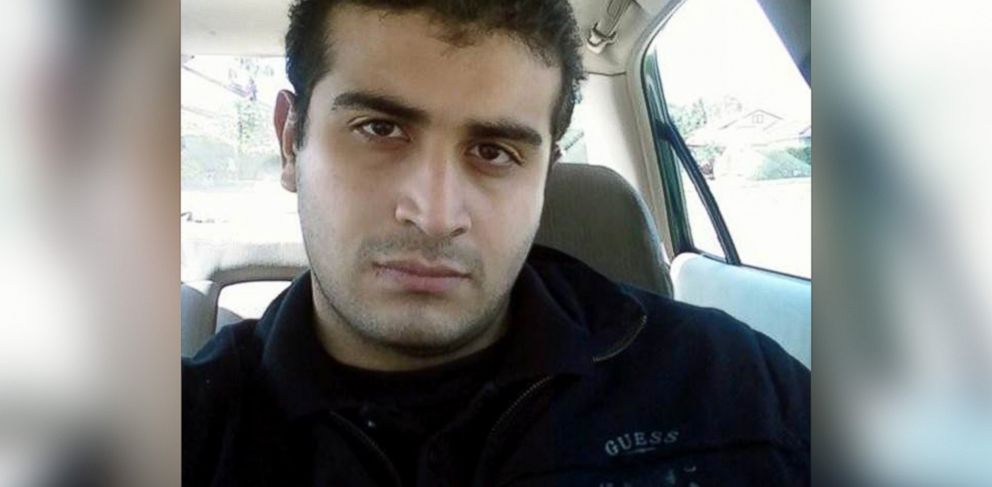AG Loretta Lynch Visits Orlando Today as New Details About Nightclub Shooting Emerge
A redacted transcript of the shooter's call to police was released Monday.
— -- Attorney General Loretta Lynch visited Orlando today, 10 days after the worst mass shooting in recent U.S. history took place at Pulse, a gay nightclub.
Lynch received an on-the-ground briefing of the ongoing investigation into the massacre, in which self-described "Islamic soldier" Omar Mateen killed 49 people in the club before dying in a gun battle with police.
"I could not be more proud of all the members of the Orlando community that I’ve encountered today - and I’ve made clear that the Department of Justice stands with them," Lynch said at a press conference in Orlando, noting that the Justice Department is making $1 million in emergency funding available to state law enforcement authorities in Florida. "We will continue to make any and all resources available to them as this investigation unfolds."
Lynch added: "There is no doubt that this was a shattering attack - on our nation, on our people and on our most fundamental ideals. But the message of Orlando goes far beyond one night of unspeakable terror. The message of Orlando that I have seen today - and what the American people have seen in the wake of this horrific assault is a message of determination to remove hatred and intolerance from our midst; to live our lives freely and without fear; and to stay true to the principles of liberty, justice and equality that define America at our best."
The high-profile visit follows on the heels of new information released by the FBI Monday, including a transcript of a phone conversation Mateen had with the Orlando Police Department.
References to terrorist organizations were originally redacted from the conversation in order to avoid giving extremists a "publicity platform" for propaganda, but later on Monday, the Justice Department reversed course by confirming that Mateen pledged support to Abu Bakr al-Baghdadi, the leader of the Islamic State.
Lynch was hardly asked about the matter at today's press conference.
There is no evidence Mateen received direction from any foreign terrorist group, and the most likely scenario is that he was self-radicalized, according to the FBI.
"Whenever you look at someone’s motivation or intent, whether living or whether they’re dead, you look at their actions and their activities surrounding the event," Lynch said today. "You look at what they said, you look at what they did, you look at how they behaved. And you come up with the most reasonable interpretation, the one that fits the facts there. I cannot tell you definitely that we will ever narrow it down to one motivation. People often act out of more than one motivations - this was clearly an act of terror and an act of hate."
The document released by the FBI yesterday also included an updated timeline of the attack. Mateen entered the club at approximately 2 a.m. and died shortly after 5 a.m., but details about the three hours inside of the club have emerged primarily from survivors of the attack, like Angel Colon, who told ABC News last week about a police officer who pulled him from the floor of the club while Mateen was engaged in a gunfight with other officers, or a man going by the name “Orlando,” who played dead on the floor of the club's bathroom to survive.

The FBI said that an air conditioning vent was removed at approximately 4:21 a.m., enabling some victims to evacuate the club. At 4:29, the victims told police, the shooter "said he was going to put four vests with bombs on victims within 15 minutes.” At 5:02 a.m., the SWAT team, as well as the hazardous device team, breached the wall of the club.
Meanwhile, the domestic terror attack has split America's political establishment. The Senate voted down four gun control measures Monday evening, with Democrats and Republicans largely divided along party lines.
The last time a domestic terror incident mobilized the Senate into action was after the San Bernardino, California, shooting in December 2015, when two measures intended to prevent terrorists from being able to buy guns also failed to pass.
--ABC News' Mike Levine contributed to this report




